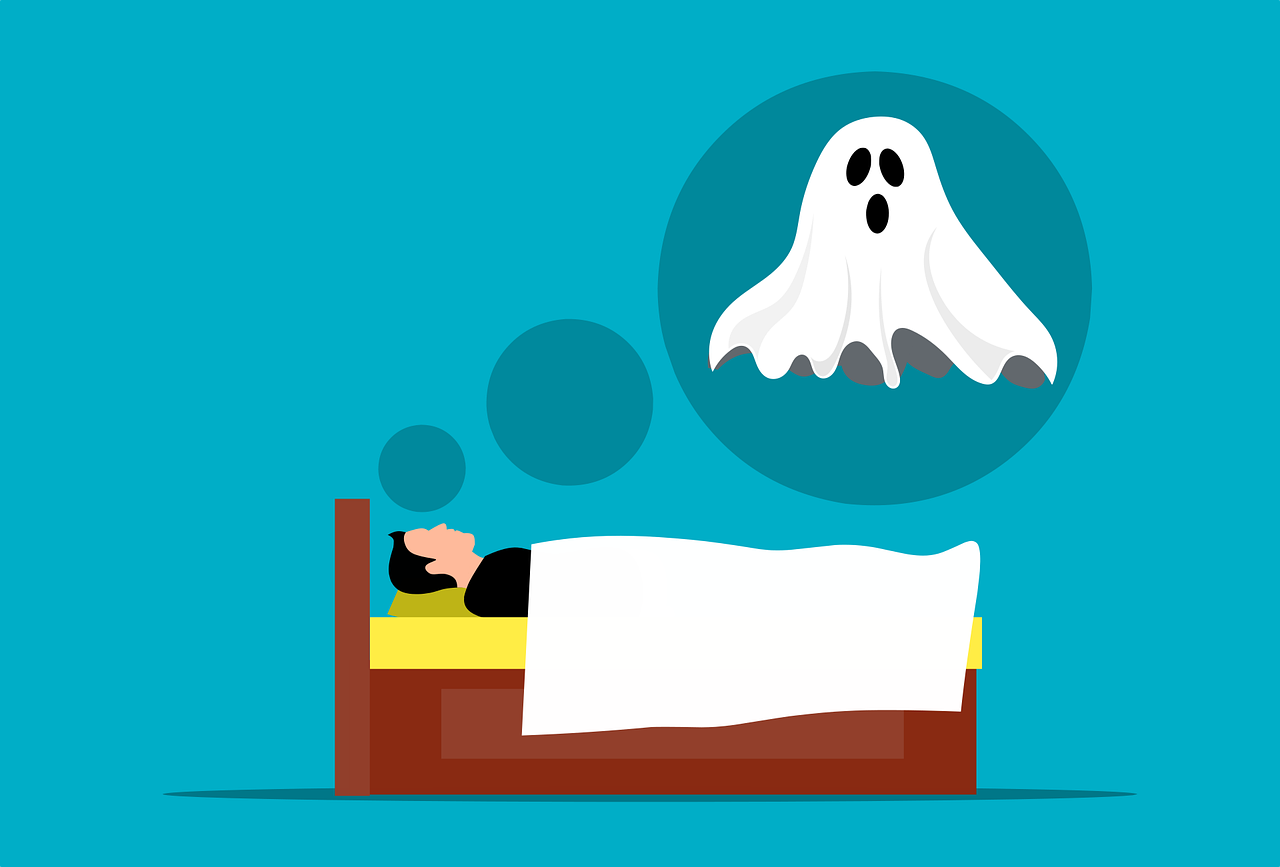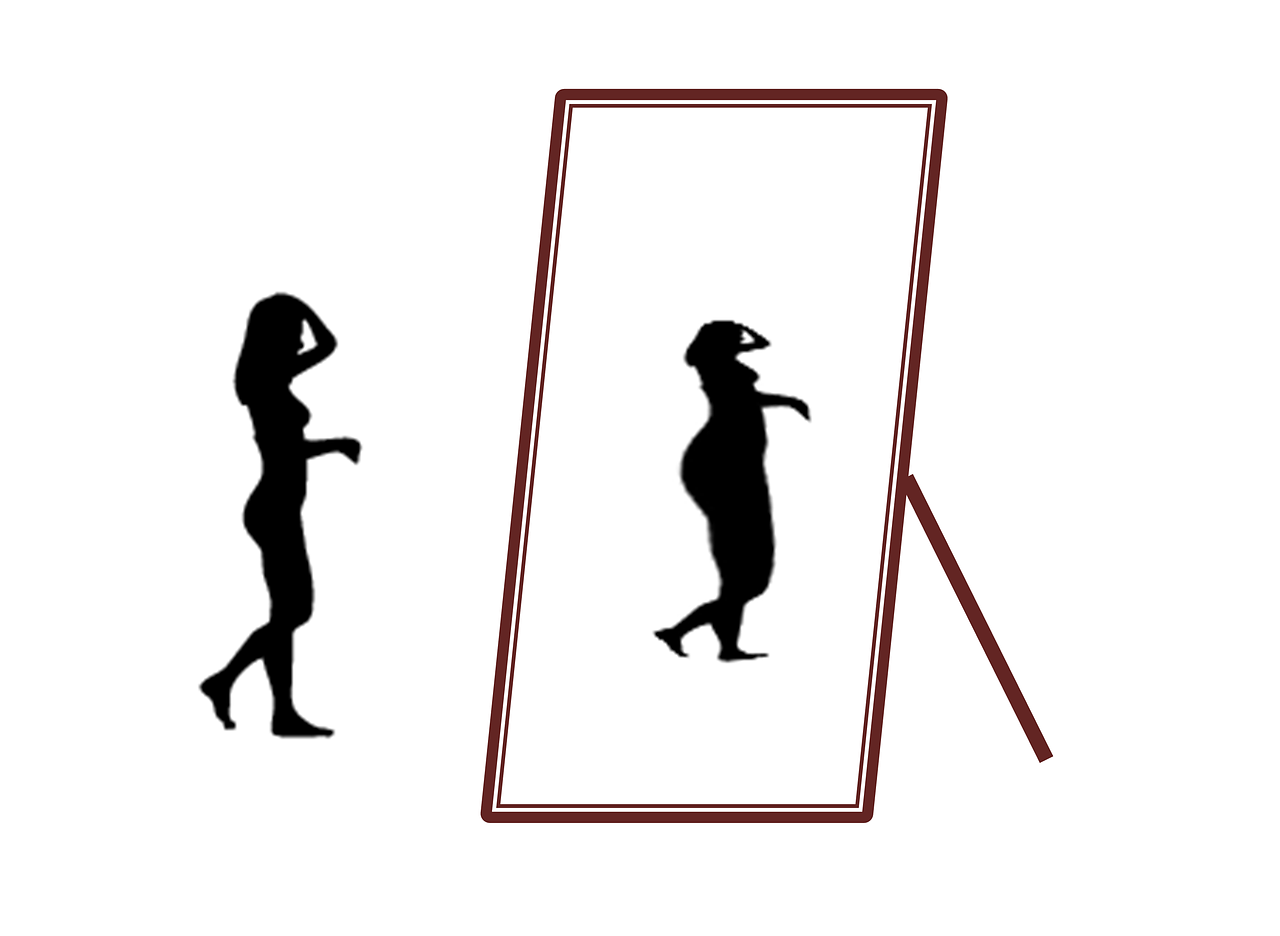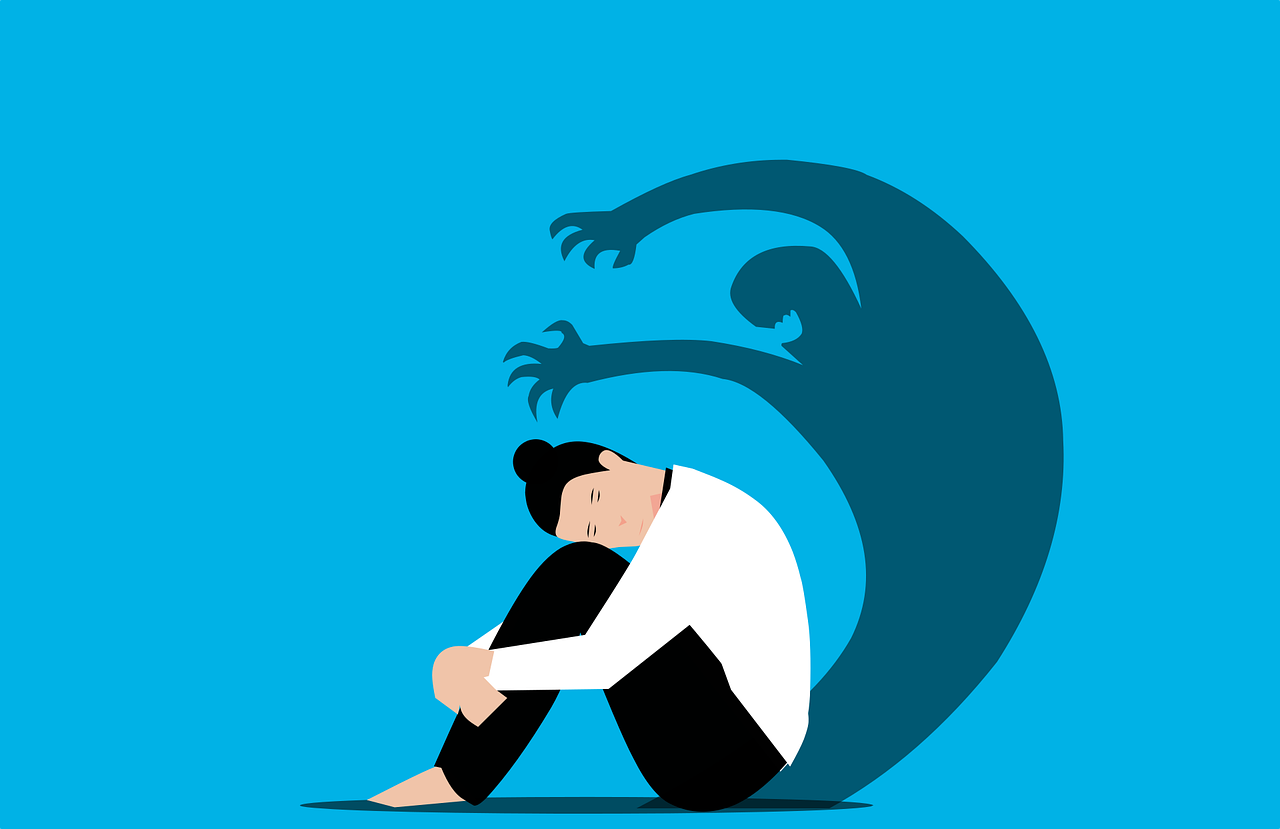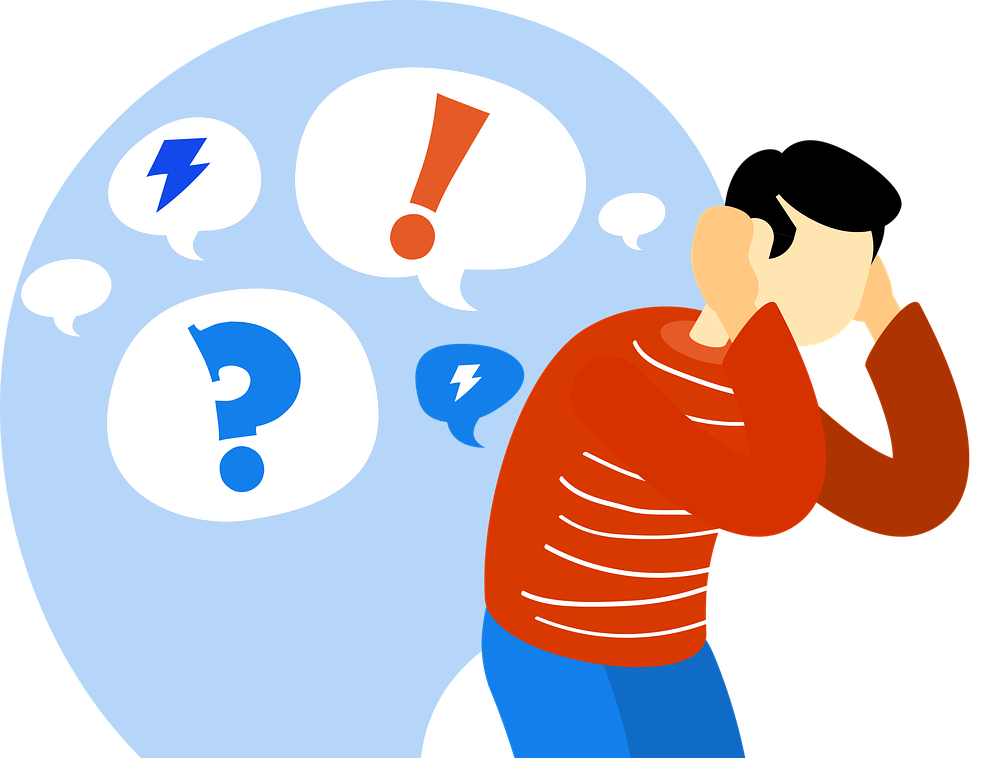I am a psychiatrist in Austin, Texas specializing in the treatment of adults, including adults with anxiety disorders and depression, both of which can include symptoms of poor sleep. It is important to treat insomnia as sleep deprivation has been linked to a variety of health problems, including irritability, depression, obesity, cardiovascular disease and diabetes. The ideal amount of sleep per night for adults is 8 to 9 hours, and it is best to keep to a set schedule of when you go to bed and when you get up. Many modern habits contribute to sleep deprivation, including use of artificial light and electronic screens at night. Studies have actually shown that going camping for a weekend can help people reset their internal clock and get better sleep. As nice as that sounds, of course, it isn’t always a practical solution! Other options include shutting off your screens an hour or two before bedtime or wearing blue light blocking glasses for two hours before bedtime. For people who continue to struggle with sleep after trying these suggestions, cognitive behavioral therapy for insomnia can be of help. Although it is best to see a therapist who specializes in this, the VA has developed a free app (CBT-i Coach) which can guide you through these strategies on your own. Medications can help for sleep as well. In general, it is best to try non habit forming medications first. Trazodone is an antidepressant that at low doses is used for sleep. Remeron is another sedating antidepressant although it does have a risk of weight gain. Melatonin which is available over the counter and Rozeram, a prescription form of melatonin, are other options. Diphenhydramine (Benadryl) is available over the counter as a sleep aid, but some studies have linked Benadryl to Alzheimer’s Disease. The atypical antipsychotics such as Seroquel are sometimes used for sleep as well, but because they can have metabolic side effects, it is best to only use them if they are needed for management of other symptoms as well, such as mood swings or for an incomplete response to an antidepressant. If these options do not work, short term use of medications such as Ambien, Lunesta or Sonata may be indicated. The downside of these medications is that they can be habit forming, and they are not safe to combine with alcohol. In addition, they all carry a warning of sleep walking, sleep driving, sleep eating, etc. For persistent insomnia, a sleep study can help diagnosis the cause. These days, the first stage of a sleep study can be done at home with equipment checked out from the sleep clinic’s office. Depending on the results, your sleep specialist may then recommend you spend the night at the sleep clinic for a full study.
Call 512-239-8943 to schedule an appointment.
Disclaimer: The information in these posts is not guaranteed to be accurate or complete. It is not meant to serve as medical advice, and your reading of it does not establish a physician-patient relationship with Dr. Cynthia Benton. If you have any questions about this information, please contact your doctor.




